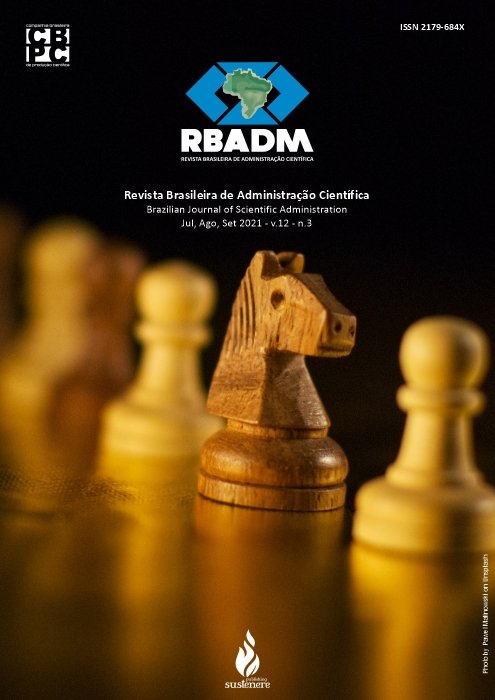Psychic illness in organizations: exploring structural dimensions of studies and intervention possibilities
DOI:
https://doi.org/10.6008/CBPC2179-684X.2021.003.0028Keywords:
Mental health, job, Disease, OrganizationsAbstract
The mental health of workers, as well as psychic illness related to work are issues that have gained the attention and concern of society and researchers in search of possibilities for intervention. Therefore, due to the variety of methodological and theoretical approaches in this field of study, systematizations of data from this area of knowledge are necessary. Thus, the present study aimed to highlight the forms of psychological illness associated with work most frequently identified in recent national studies (2013-2017), emphasizing the structural characteristics of the types of study and the intervention proposals presented. To this end, a systematic review was carried out using publications in Portuguese on the topic in the SciELO, LILACS, Index Psychology databases and in the CAPES journals, leading to the inclusion of 109 articles. The structural organization of the interrelationships between a series of characteristics of the studies that explore the psychic illness associated with work revealed a tendency of the empirical studies to explore samples without pathology and of the theoretical studies to present the psychic illness, but in a non-specific way, making it more difficult, both the observation of specific risk factors associated with the development of certain disorders, and the development of prevention and early treatment actions. The descriptive results pointed out Mental and Behavior Disorder and Burnout Syndrome as more frequent, being associated with working conditions based on pressure, demands and stress. The proposed solutions to the mental illness presented were centered on prevention and health promotion, as well as perspectives focused on medication and psychotherapeutic therapies. It was found, however, that no specific intervention proposals were presented to deal with the prevention or coping with the different types of disorders. Therefore, this study aimed to stimulate the production of new and more systematic research on mental illness due to working conditions, especially on Mental and Behavioral Disorders and Burnout syndrome, in favor of better performance in public health policies for workers.
Downloads
Downloads
Published
Issue
Section
License
Copyright (c) 2021 Brazilian Journal of Scientific Administration

This work is licensed under a Creative Commons Attribution-NonCommercial-NoDerivatives 4.0 International License.
The CBPC - Companhia Brasileira de Produção Científica (Brazil CNPJ: 11.221.422/0001-03) the material rights of the published works. The rights relate to the publication of the work anywhere in the world, including rights to renewals, expansions and dissemination of the contribution, as well as other subsidiary rights. All electronically published works may subsequently be published in printed collections under the coordination of this company and / or its partners. The authors preserve the copyright, but are not allowed to publish the contribution in another medium, printed or digital, in Portuguese or in translation.









